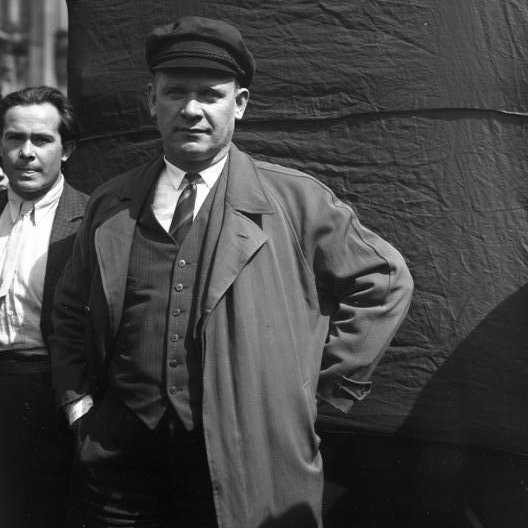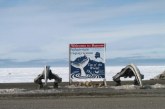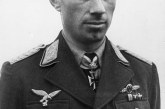
Story Highlights
- Historical event:
- 16 April 1886
- Ernst Thälmann was the leader of the German Communist Party during Hitler's time, which is why they were great political opponents. When Hitler came to power, Thälmann was arrested by the police. The communists celebrated him as a martyr.
On this day a German who was the exact political opposite of Adolf Hitler was born.
His name was Ernst Thälmann and he was the leader of the German Communist Party (Kommunistische Partei Deutschlands – KPD). Thälmann was notable for the fact that he ran against Hitler at the presidential election. In fact, Thalmann was a candidate in two presidential elections, in 1925 and 1932. However, neither he nor Hitler won in any of those elections, because most of the population was suspicious both of the extreme left (Thälmann) and the extreme right (Hitler). In both cases, the winner was the moderate conservative Paul von Hindenburg, who had a great reputation from the World War I.
When Hitler, using parliamentary maneuvering, managed to become chancellor and seize power in Germany, Ernst Thälmann ended up in jail. Specifically, already on 3 March 1933, Thalmann was arrested by the police. Thälmann spent the next 11 long years in captivity, and that made him a kind of martyr celebrated by the communists abroad. For example, during the Spanish Civil War, two brigades of foreign volunteers were named after him.
Thälmann was assassinated in 1944 in the German concentration camp Buchenwald (only a few kilometers from Goethe’s and Schiller’s Weimar), and his body was reportedly immediately cremated. It is particularly interesting that Cuba under Castro’s regime in 1972 named one of its islands after Ernst Thalmann (German: Ernst-Thälmann-Insel, Spanish: Cayo Ernesto Thaelmann). This island is located off the southern coast of Cuba. The renaming was envisioned as a special tribute to the former East Germany, where Ernst Thälmann was particularly appreciated – a pioneer (youth) organization there was named after him.
There is a legend that Cuba ceded the island to Eastern German ownership. In this case that part of the Cuban territory would be inherited by the present united Germany. However, the Federal Republic of Germany officially denied any such possibility.




